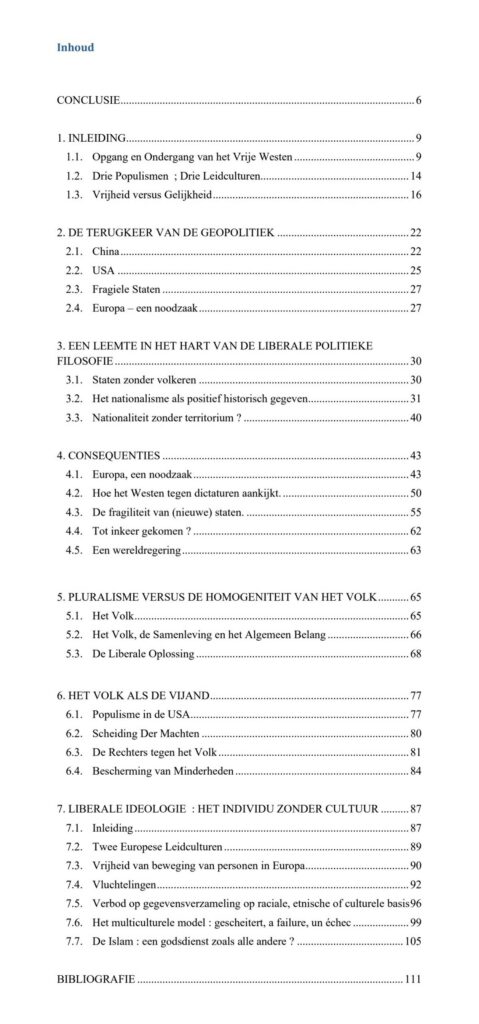21 juli 2021
In this book Andric describes the history of the bridge over the Drina in the Bosnian (Serbian) city of Visegrad. He describes how it was being built on orders of the son- in- law of the sultan, Mehmet Pasha Sokolli, and follows its life until what happens during World War 1.
It is no use recounting here the historical phases the bridge passes. Andric is at his best when he describes the mentality of the peoples when confronted with new events or ideas and I limit myself to quote some interessant descriptions from his book. For the ones who might be interested in “impalements” i can recommend chapter iii.
Andric on the character of the perfect bureaucrat (chapter vii):
“Hedo was that true conscientious official who does not really see or hear whomever he talks to, and who only considers him in so far as it is necessary to find the place for him set out by the regulations in force. Until he had done this he was deaf and blind and when he had done it he became dumb as well.”
This is how Andric describes how the Bosnians perceive the Austrians after they replaced the Turcs as rulers over the area (chapter xi):
“… what most astonished the people of the town and filled them with wonder and distrust was not so much their numbers as their immense and incomprehensible plans, their untiring industry and the perseverance with which they proceeded to the realization of those plans. The newcomers were never at peace; and they allowed no one else to live in peace. It seemed that they were resolved with their impalpable yet ever more noticeable web of laws, regulations, and orders to embrace all forms of life, men, beasts and things, and to change and alter everything, both the outward appearance of the town and the customs and habitat of men from the cradle to the grave. All this they did quietly without many words, without force or provocation, so that a man had nothing to protest about. If they encountered resistance or lack of understanding, they at once stopped, discussed the matter somewhere out of sight and then changed only the manner and direction of their work, still carrying out whatever was in their mind.”
And here Andric describes how the young people from Visegrad return to the city after they have follewed trainings at the university (chapter xviii)(maybe a comparison with “les deracines” is possible) :
“It seemed fantastic and improbable but was none the less true; they could do with their youth what they liked, and give their judgments freely and without restriction; they dared to say what they liked and for many of them those words were the same as deeds, satisfying their atavistic need for heroism and glory, violence and destruction, yet they did not entail any obligation to act nor any visible responsibility for what had been said. The most gifted amongst them despised all that they should have learnt and underestimated all that they were able to do, but they boasted of what they did not know and waxed enthousiastic at what was beyond their powers to achieve… Only the best and strongest amongst them threw themselves into action with the fanaticism of fakirs and were there burnt up like flies, to be immediately hailed by their fellows as martyrs and saints (for there is no generation without its saints) and placed on pedestals as inaccessible examples.“
